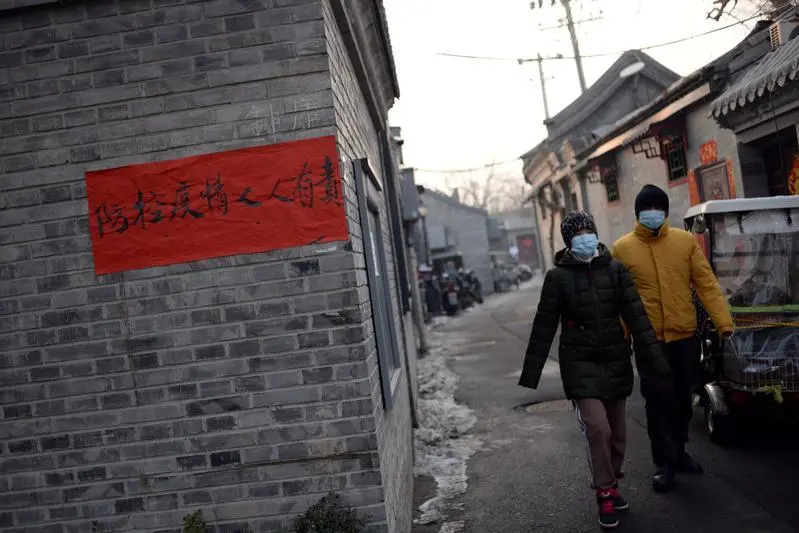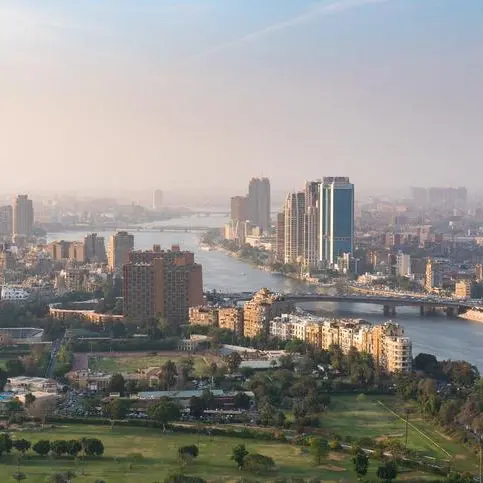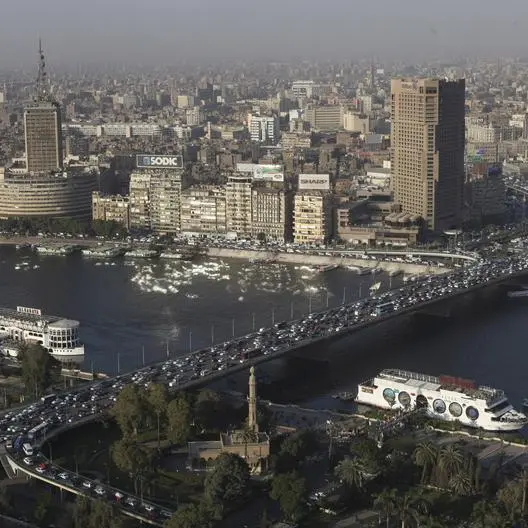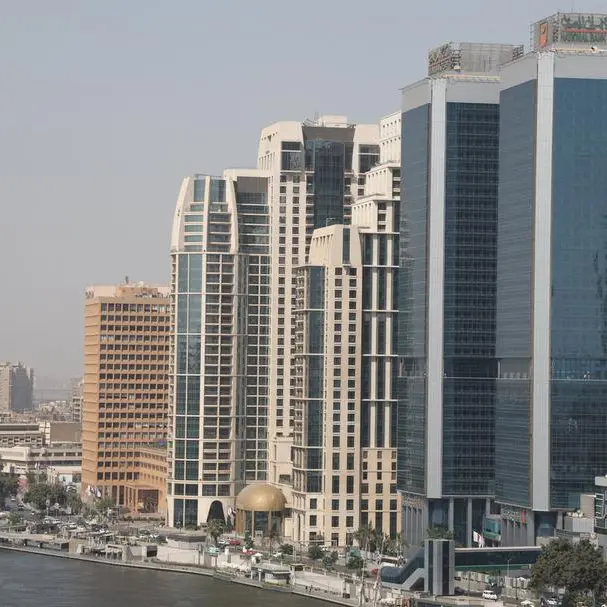PHOTO
LONDON - It is too early to count-up the damage from the new coronavirus. But now is a good time to prepare for an imprudent recovery. John Maynard Keynes pointed out the benefits of monetary imprudence in tough times back in the 1930s. The coronavirus brings up a particularly pungent variety of the British economist’s paradox of thrift.
The first priority is to stop the virus’s spread. If all goes well, the intrusive observations and draconian quarantines throughout China and in parts of the rest of the world will soon result in a turning point. However, the effects on the Chinese and global economy will linger: even a few weeks of widespread factory shutdowns and cancelled cruise-ship voyages extract a sharp penalty on growth.
Moody’s Analytics ran some numbers, assuming all the precautions and restrictions on close-contact and travel are eliminated by mid-year. The research house estimates that China’s gross domestic product will be 1% lower in 2020 than it would have been without the outbreak. The hit for the rest of the world is at 0.3%.
Even if the pain turns out to be double or triple that preliminary estimate, the coronavirus should not change the shape or long-term prospects of either China or its trading partners. Smoothed out over the whole world, and looked at over many years, the loss of growth caused by the virus is likely to be hard to distinguish from statistical noise.
That optimism is justified by the modern economy’s proven ingenuity in getting things done. Almost everything naturally pushes everyone in the right direction. Managers of currently closed factories will strive to regain previous levels of production as fast as possible. While waiting, less affected rivals will increase production as much as they can. Customers will adjust to what is available, so sales of phones may be delayed, but they will eventually catch up.
The financial system, though, typically does the opposite: as the balance sheets of borrowers deteriorate, the instincts of prudent lenders tell them to provide less money at a higher interest rate. That is counterproductive but rational. Additional lending on more generous terms when GDP growth is slowing is a recipe for losses.
China’s banks have extra reason for caution. Non-performing and stressed loans came to $1.5 trillion in 2019, PricewaterhouseCoopers estimates. That is about 10% of GDP. And total debt is equivalent to 300% of GDP, making the People’s Republic one of the most leveraged middle-income countries, according to Moody’s. Before the coronavirus struck, national authorities led by President Xi Jinping were sensibly trying to restrain credit growth and forcing weak banks into mergers.
Now, though, is a time for something like financial imprudence. The national economy will recover faster and more fully if the companies and individuals which have lost income from the coronavirus-related restrictions get more cheap money.
Local authorities in Beijing are already trying this approach by encouraging affected firms to ask banks for additional funding as Reuters reported on Monday. Lenders are under pressure to offer them favourable rates. Potential borrowers include Meituan Dianping, China's largest food delivery company, and ride hailing service provider Didi Chuxing Technology. Other regional governments will likely do something similar, undoubtedly with support from the central government.
The government, however, doesn’t have a strong track record of getting credit to efficient private-sector borrowers, especially mid-sized ones. Banks prefer lending to state-owned enterprises and their small subsidiaries. Success in stimulating the economy through the normal channels would depend on the system rapidly getting better at something it is currently doing badly.
A better option might be direct monetary support, in other words, cash handouts. If affected companies and individuals can get the money they need without borrowing, they will not be burdened with higher interest expense after business returns to normal. It should be easier to reach small borrowers with this sort of direct support.
Of course, such government handouts can cause all sorts of trouble, from corruption to eventual inflation. Still, sovereign authorities do have one big advantage of over private lenders: governments can always create more money.
Medical caution is essential in limiting the spread of an infectious disease, but for treating the outbreak’s monetary side-effects, the best cure is recklessness. It is sobering to remember that too much financial prudence helped keep down global growth for a decade after the 2009 financial crisis. Extreme imprudence is a way to avoid that drag.
(Editing by Una Galani and Katrina Hamlin)
© Reuters News 2020




















